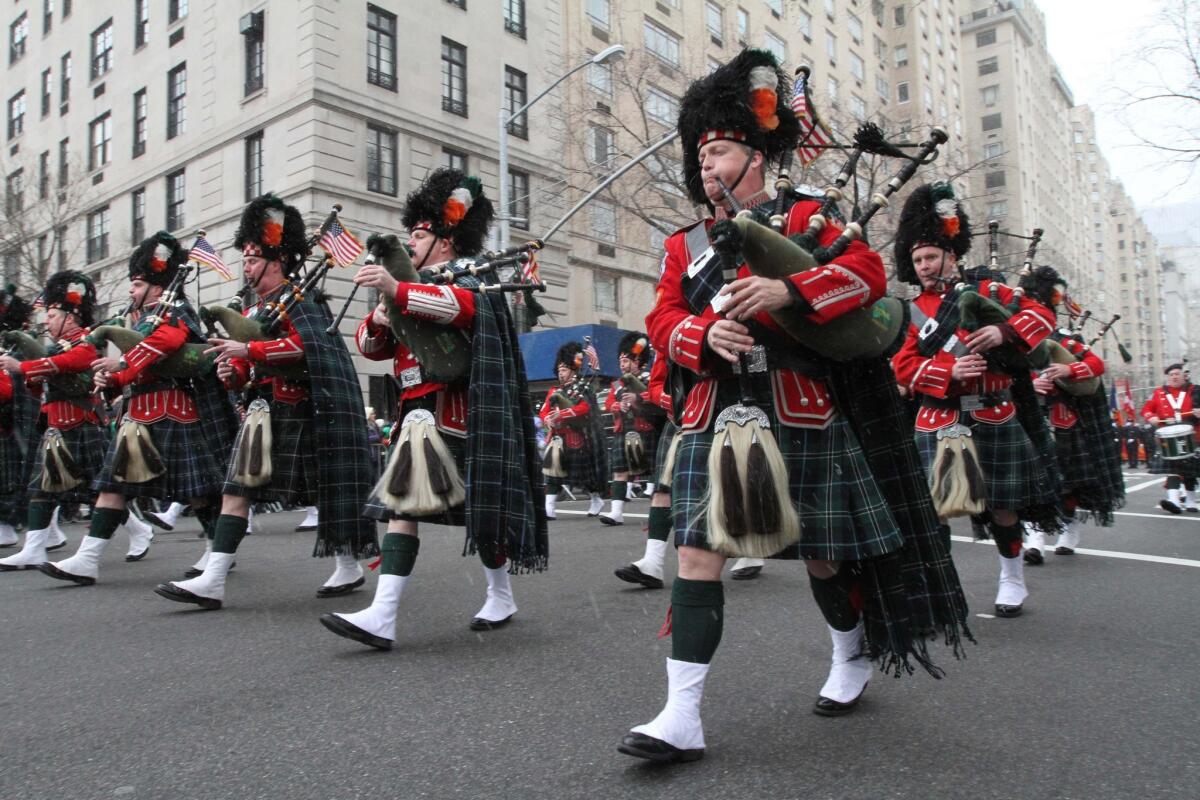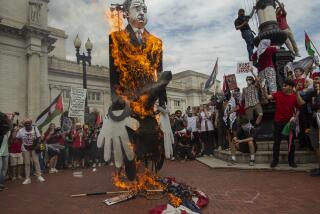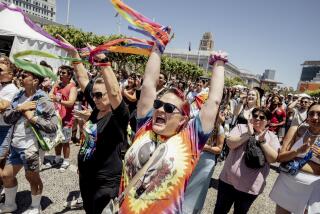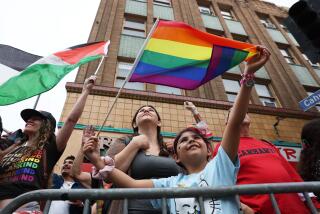Gay exclusion makes Boston, New York mayors skip St. Patrickâs parade

Amid the ongoing legal fights over same-sex marriage and the growing acceptance of homosexuals and their rights, there remains an area where gay participation remains controversial: the annual rite of spring known as the St. Patrickâs Day parade.
In major cities, and in many smaller ones, the parade is a celebration and acceptance of Irish culture and social power. Yet in recent years, it has also been the arena for protest over whether gays should be allowed to participate as a clearly identified group. The parades have allowed individuals who are gays to take part.
The latest round in the battle involves two key centers of Irish identity: Boston and New York.
Boston Mayor Martin J. Walsh said Wednesday that he has been trying to broker a deal that would allow gay and lesbian groups to march in the St. Patrickâs Day parade next month in South Boston, according to the Boston Globe and other local media. If the gay veterans group is not allowed to march, Walsh said he will boycott the parade, following in the non-footsteps of former Mayor Thomas Menino, who refused to march in the parade while he was in office.
New York City Mayor Bill de Blasio also said earlier this month that he wouldnât join in his cityâs parade because it banned gay groups.
âEquality comes first,â said Walsh, the son of Irish immigrants. He marched last year as a state representative. âThe fact that itâs 2014, I certainly hope weâre able to come to an understanding. Itâs long overdue.â
The message from the Boston mayor, whose support from the gay community helped him win office last year, was not cheerfully received by parade organizers.
âNo, definitely not,â said John âWackoââ Hurley, the longtime force behind the parade who won a unanimous 1995 Supreme Court victory sanctioning his right to exclude gay and lesbian groups. âNot when you have a 9-to-nothing decision in the Supreme Court of the United States. [Walsh is] not in a position to overturn that,â he told the Globe.
The Supreme Court ruled unanimously that the private sponsors of Bostonâs St. Patrickâs Day parade had a constitutional right to exclude marchers whose message they rejected. Justice David H. Souter said in his opinion that a parade was a form of expression with which the government may not interfere, even for the âenlightenedâ purpose of preventing discrimination.
âIf I march in that parade, I will be very happy,â Walsh said. âIf Iâm not marching in that parade, it will be unfortunate and it will be because of a couple of people who would not accept this application.â
In New York, the St. Patrickâs Day Parade, which bills itself as the oldest civilian parade in the world, dating from the 18th century, is an almost sacred tradition, closely tied to the political power of the Irish immigrants who helped reshape the city through the 19th century. It has always been closely tied to Christian churches, especially to the Roman Catholic. (Indeed because it is a feast day during Lent, a Catholic can drink on St. Patrickâs Day without a trace of agenbite of inwit, making alcohol-consumption synonymous with the holiday.)
It is that tie to Christianity that played a role in blocking the acceptance of gay groups. The church has long opposed same-sex marriage, but recent polls show that is easing among parishioners. Politically, gays have gained significant victories on same-sex marriage and other fronts, and have become a politically influential by turning out votes and raising campaign dollars in many places, including New York.
That has made it politically safer for politicians to skip the parade, citing the exclusion of gay groups.
De Blasio will become the first mayor in decades to not take part in the annual march on Fifth Avenue.
âI will be participating in a number of other events to honor the Irish heritage of this city and the contributions of Irish Americans, but I simply disagree with the organizers of that parade in their exclusion of some individuals in this city,â he said.
De Blasio also did not march before he was elected mayor and served as public advocate.
Earlier this week, New York City Council Speaker Melissa Mark-Viverito said the council wonât have an official presence at this yearâs St. Patrickâs Day Parade because of rules that prevent gay and lesbian groups from identifying themselves while marching. Mark-Viverito said the council is âcommitted to celebrating and respecting the diversityâ of the city.
Individual council members can take part if they want to, she said.
ALSO:
3 dead in Maui County-chartered plane crash on island of Lanai
Was âreligious freedomâ bill really a risk for Arizonaâs Jan Brewer?
Boston Marathon organizer ban bags, backpacks to boost security
Follow LATimes National on Facebook
More to Read
Sign up for Essential California
The most important California stories and recommendations in your inbox every morning.
You may occasionally receive promotional content from the Los Angeles Times.











